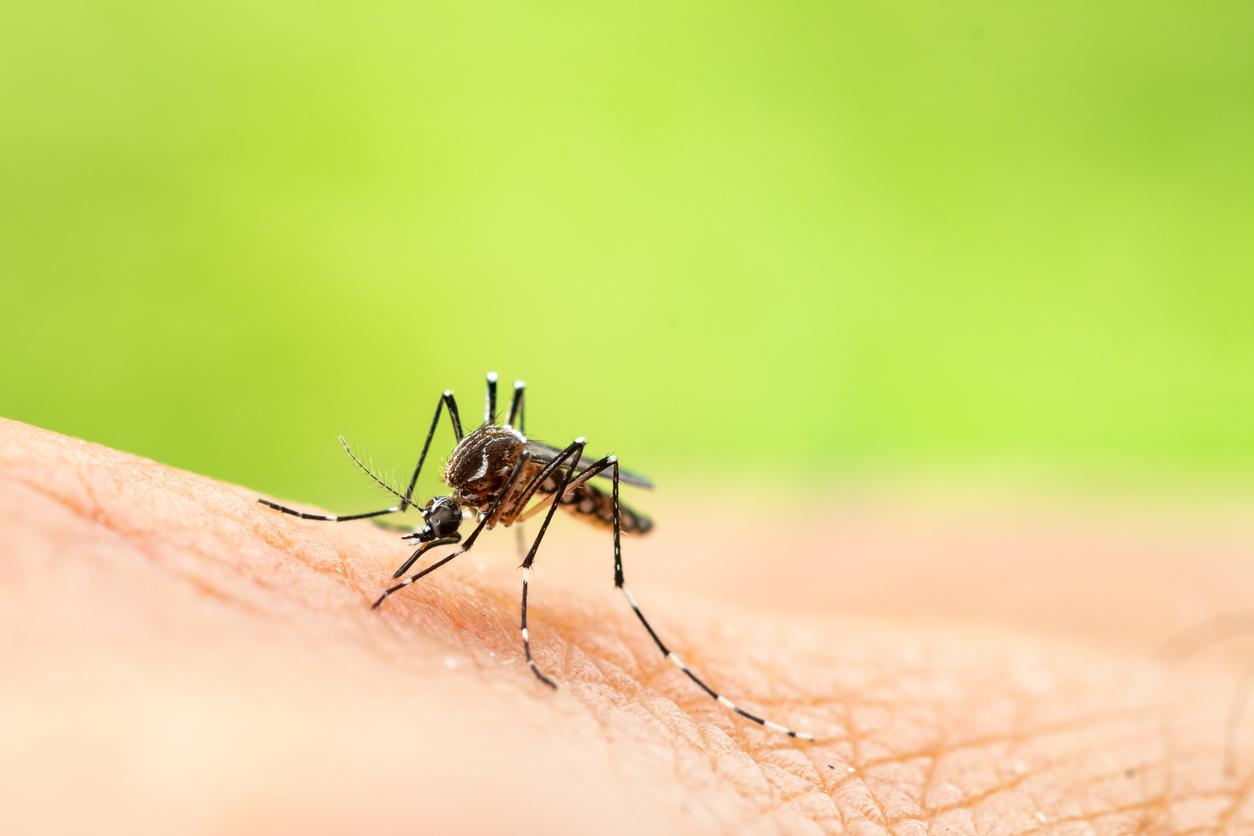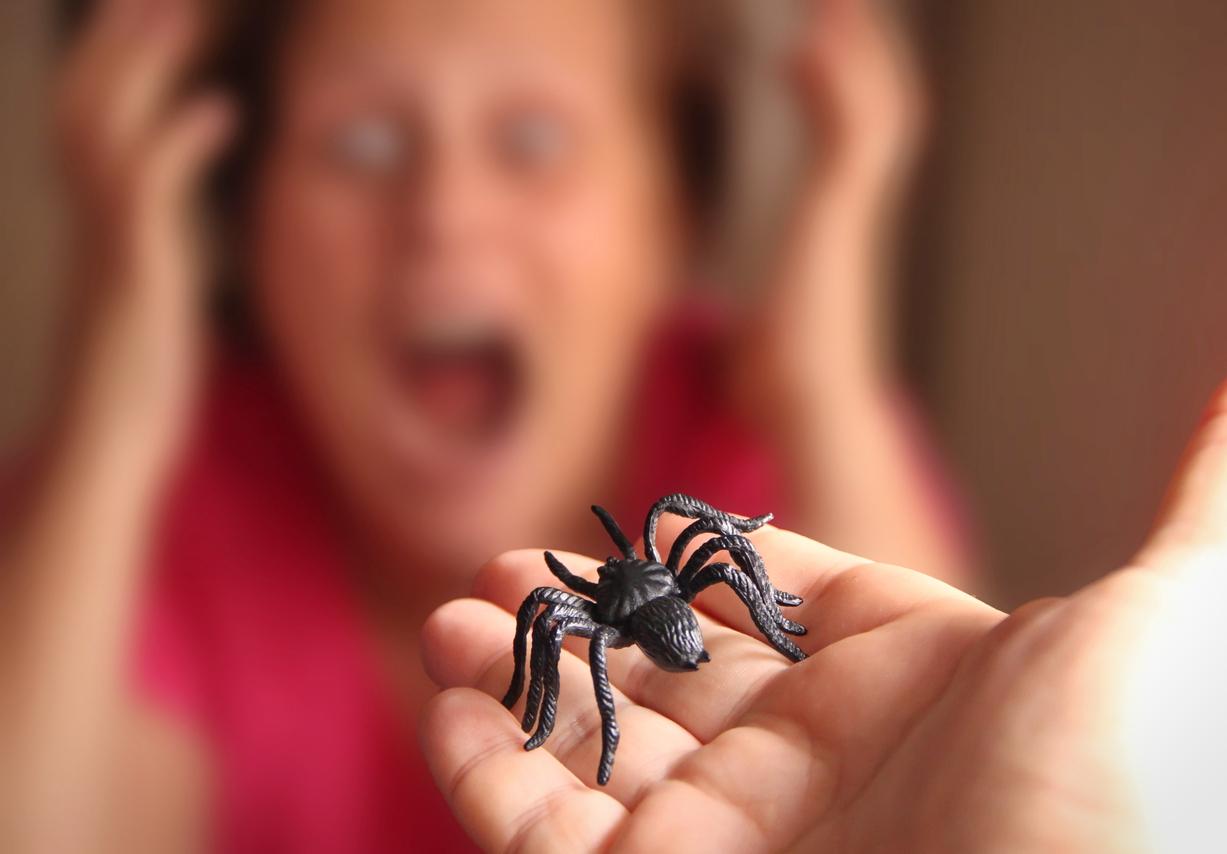There is a whole small world in Quebec interested in the cultivation, processing and traditional therapeutic use of medicinal plants. These health gardeners have, over the years, developed considerable expertise in one or other of these areas, but risk disappearing under the pressure of the multinational giants of the food-pharmaceutical industry who are currently trying to ” monopolize the medicinal plant market to the detriment of small local producers and traditional herbalists. Aware of the need to come together to provide technical, political and economic tools, Quebec producers, processors and herbalists formed, a few years ago, the Organic Medicinal Plants of Quebec Filière.
March 18, 2002 – The Organic Medicinal Plants Industry of Quebec held its second annual conference last Friday in Drummondville with, as a backdrop, the regulations on natural products that the Government of Canada will soon adopt.1
Marie Provost, director of the company “La Clé des champs” and founding member of the Guilde des herboristes2, stressed that traditional herbalism is not interested in standardized extracts, but rather in total extracts, leading remedies, composed of living substance and which, from all time, have been basic medicine. “The regulations that the Canadian government will soon adopt in the area of natural products,” she said, “should not result in the disappearance of this ancestral practice in favor of standardized products, because we risk losing dozens of products that have been shown to be effective over the years ”. However, the current bill, if not amended, will impose standards such that the microproducer or processor will be unable to meet them. “So who will the woman who is absolutely looking for a fake unicorn turn to?” She asked. Because herbalists, like homeopaths elsewhere, have the principle of maintaining an exhaustive inventory of medicinal plants, even if for two-thirds of these plants, the operation is not profitable: the “herbalist” version of notion of “essential services” … Without herbalists, the horizon of citizens would risk being reduced to a dozen standardized extracts while they could have a few hundred medicinal plants.
The conference also made it possible to measure both the dynamism of small Quebec entrepreneurs. Thus, Aline Hébert, from the Rocher-Percé Solidarity Cooperative, presented some models of small and medium-scale production businesses, in particular the producer cooperative model, which offers the advantage of allowing the relaunch of activity in regions far from major centers, while guaranteeing the public diversified products of high quality, products that big industry is unable to provide. Thus, the Gaspé, which is economically dying for lack of fish in its waters, could in part revive thanks to the production of medicinal plants. “For forty years, the land in the region has been abandoned, explained Aline Hébert, because the inhabitants have abandoned them to practice fishing. The beauty of it is that at the same time, they avoided the massive pollution of soil and water that we see in other regions of Quebec. These are ideal conditions for the organic cultivation of medicinal plants. ”
In a conference on various agricultural implements for sowing or transplanting medicinal plants and above all for weeding the weeds that suffocate them without resorting to chemical herbicides, Jean-Michel Valiquette, professor at the Regional Center for Agricultural Information and Training de Coaticook, highlighted the importance of preserving the environment in agricultural activities.
Finally, Dr Luu Dang Vinh, scientific advisor at the firm Phytofrance, reminded us that the plant is first and foremost energy and that the cultivation and transformation methods must aim to preserve this energy. Exposing the fundamental principles of medicine and Chinese Taoism, he also recalled that the human being is largely made up of spirit, therefore of breath, matter representing only a small proportion of being. “Breathing is still a free gesture,” he said with a laugh. Do not deprive yourself of it! ”
Paulette Vanier and Pierre Lefrançois – PasseportSanté.net
1. Health Canada. Natural Health Products Directorate. [Consulté le 16 mars 2002]. www.hc-sc.gc.ca/hpb/onhp
2. Guild of Herbalists. [Consulté le 16 mars 2002]. http://guildedesherboristes.iquebec.com
Editor’s note: To find out more about the Organic Medicinal Plants Sector of Quebec, you can contact the person in charge: Alain Rioux, agr., Al.rioux@sympatico.ca

















